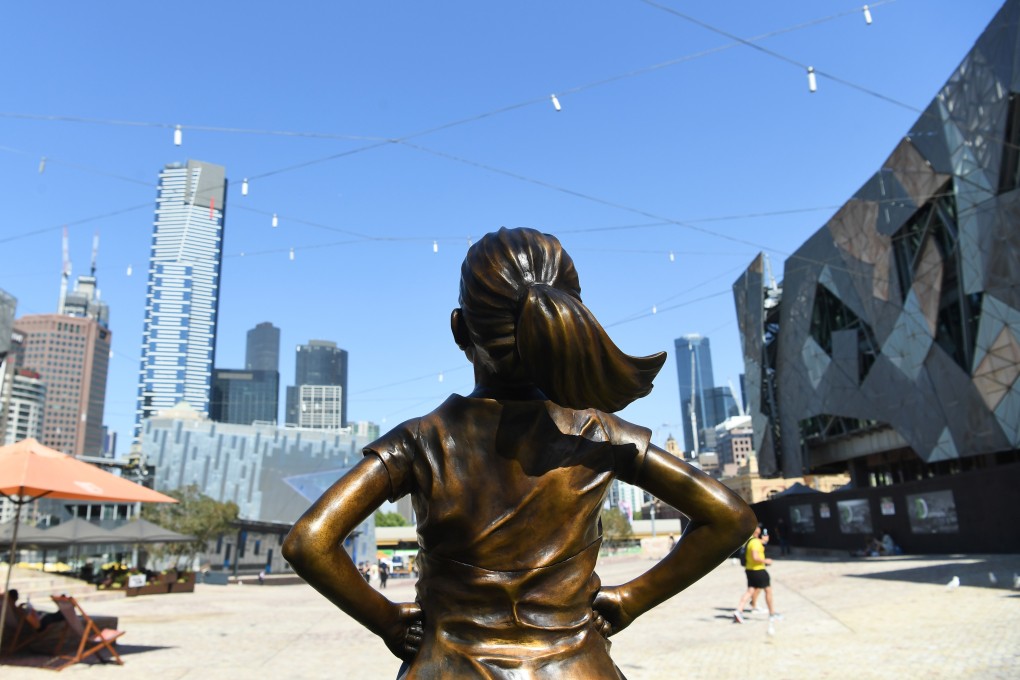Opinion | Hard-won women’s rights must not be eroded
- Through multilateral efforts, women have made great strides towards gender equality, taking up leadership positions to advance sustainable development and protect the vulnerable. Recent movements to roll back such gains must not succeed

We join our voices as women colleagues who have worked in governments and multilateral organisations to promote humanitarian relief, advocate for human rights principles and normative policies, advance sustainable development, and resolve some of the world’s most complex conflicts.
We ourselves have leveraged multilateralism to drive positive change for people and our planet. Now we collectively call attention to the need to achieve full gender equality and empowerment of women across all ambits of society and the critical importance of multilateralism as a vehicle in support of that.
As leaders in our respective fields, we have struggled locally and globally to respond to challenges ranging from the elimination of hunger to achieving peace and security, and from the provision of emergency humanitarian aid in the aftermath of natural and human-induced disasters to the promotion of human rights, including those of women, children, marginalised populations, and those living with disabilities.
Our work at its best was based on the principles of sustainable development and the need to build long-term resilience. It has also been underpinned by our determination to have a positive impact on the lives of those with and for whom we work, particularly the most vulnerable. We are deeply convinced that for peace to be achieved and sustained, the full participation and potential of women must be unleashed.
In some places, the basic rights of women are interpreted as direct challenges to existing power structures
Our shared sense of purpose and responsibility to promote gender equality and women’s empowerment derives from our experiences. Despite decades of notable advances, a reality in which opportunities, freedoms and rights are not defined by gender has not been universally attained.
